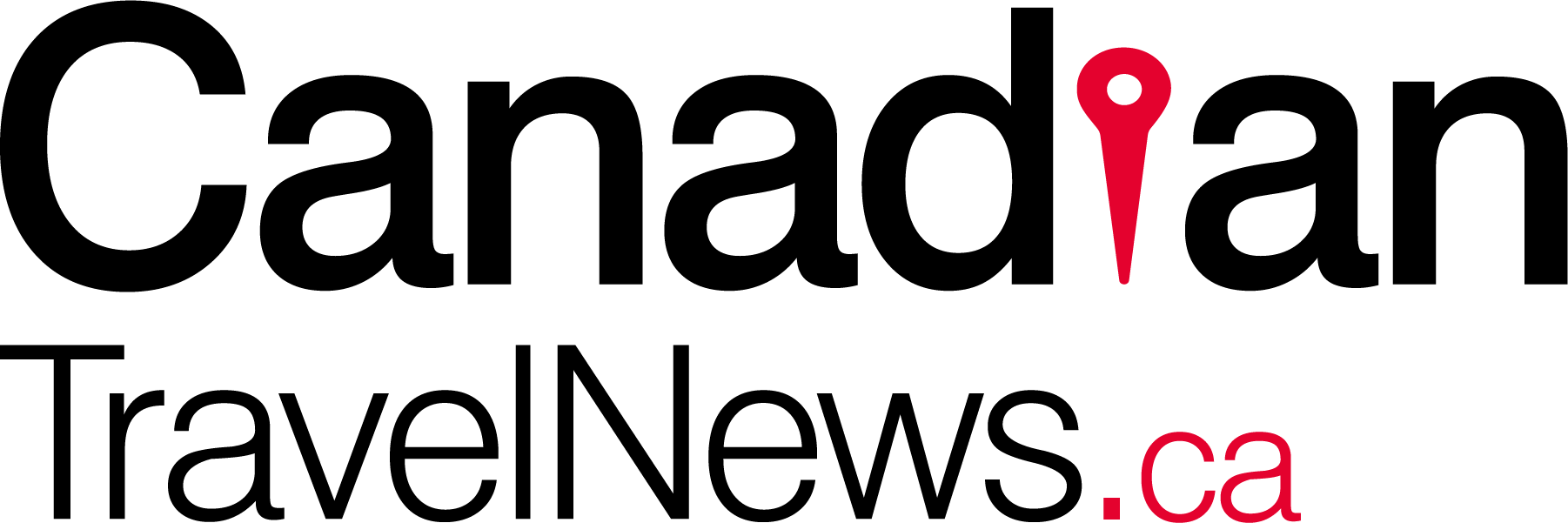
Harvard Study: You’re More Likely to Get COVID-19 at the Grocery Store Than on a Plane
October 27, 2020 ctn_admin
Harvard University researchers who looked at COVID-19 transmission say travelling on a plane is less risky to your health than a trip to the grocery store.
A new gate-to-gate study by scientists from Harvard’s T.H. Chan School of Public Health is the most comprehensive research to date to conclude that the layered approach U.S. airlines, including Delta, have taken to protect customers and employees from COVID-19 means the risk of exposure during air travel is very low, Delta Airlines officials said on Tuesday.
“To date, the Centers for Disease Control and Prevention has not confirmed a single case of COVID-19 transmission on a U.S. airplane,” they said.
“The risk of COVID-19 transmission onboard aircraft [is] below that of other routine activities during the pandemic, such as grocery shopping or eating out,” the Harvard researchers concluded. “Implementing these layered risk mitigation strategies…requires passenger and airline compliance [but] will help to ensure that air travel is as safe or substantially safer than the routine activities people undertake during these times.”
The report concludes that the universal use of face masks, diligent cleaning protocols and advanced ventilation and filtration systems offer significant protection against COVID-19, lowering the risk of transmission on an aircraft to minimal levels.
USA Today said the study, released Tuesday, concluded that air travel “is as safe as or substantially safer than the routine activities people undertake during these times.” The study points to the ventilation systems on planes that refresh the air every two to three minutes, and new measures including heavy-duty disinfecting, strict face mask enforcement and social distancing during boarding and deplaning.
The Harvard researchers said the ventilation system in the cabin “effectively counters the proximity travelers are subject to during flights.”
It says those factors combine to reduce the risk of COVID-19 transmission on a plane to below that at grocery stores or restaurants. But the authors said there is further room for improvement to minimize the risk, including even better social distancing when boarding and exiting, and keeping airplane ventilation systems on when the plane is parked at the gate, a practice not in place at all U.S. airlines.
USA Today noted that the study came from the Harvard T.H. Chan School of Public Health’s new Aviation Public Health Initiative (APHI), paid for by airlines, airplane manufacturers and airports and that the study came to similar conclusions as recent studies promoted or sponsored by the industry.
“The fact that all of these different research studies are consistent with one another we think is significant,” said Leonard Marcus, director of the APHI.












